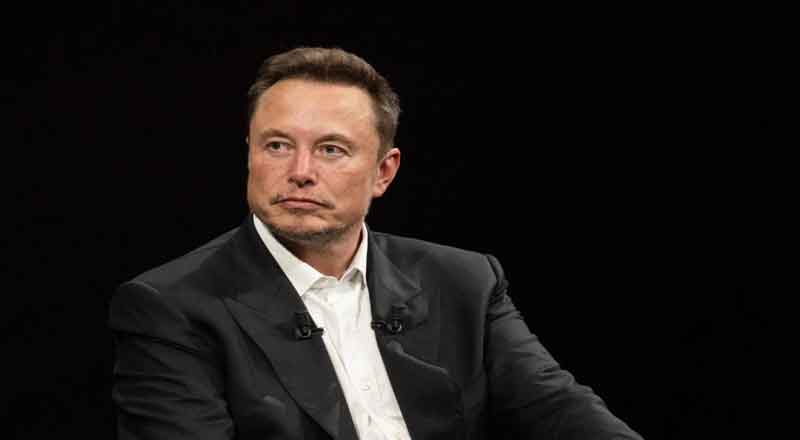- Elon Musk has ignited a firestorm in the tech world with his decision to ban the use of Apple devices within his companies’ premises.
- This bold move comes in response to Apple’s recent announcement regarding the integration of OpenAI technology into its operating systems, a decision Musk views as a grave security risk.
- Apple announced the integration of a variety of new AI features into iOS devices and other product lines, showcasing the debut of Apple Intelligence, a substantial upgrade to Siri that underscores the company’s commitment to advancing AI technology.
- In response to burgeoning privacy concerns, Apple has sought to assuage apprehensions by reaffirming its commitment to user privacy.
- Industry experts have offered mixed reactions to Musk’s controversial stance, with Ben Bajarin, CEO of Creative Strategies, expressing skepticism regarding its widespread adoption.
Elon Musk, the maverick CEO behind Tesla, SpaceX, and X (formerly Twitter), has ignited a firestorm in the tech world with his decision to ban the use of Apple devices within his companies’ premises. This bold move comes in response to Apple’s recent announcement regarding the integration of OpenAI technology into its operating systems, a decision Musk views as a grave security risk.
Expressing vehement concerns over the potential ramifications of OpenAI integration into Apple’s OS, Musk condemned the move as an “unacceptable security violation.” In response, he declared that employees and visitors at his organizations would be required to relinquish their Apple devices upon entry, storing them in Faraday cages to prevent electronic communication—a drastic measure underscoring the perceived magnitude of the security threat posed by such technological integration.
The timing of Musk’s decision is notable, coinciding with Apple’s unveiling of a slew of AI-centric features at its Worldwide Developers Conference (WWDC) 2024. Apple’s announcement showcased a range of new AI functionalities slated for integration into its product ecosystem, including the debut of Apple Intelligence—a significant AI upgrade to Siri—across various operating systems such as iOS 18, VisionOS 2, iPadOS 18, WatchOS 11, and macOS Sequoia. Moreover, Apple’s strategic collaboration with OpenAI, aimed at integrating ChatGPT capabilities into its devices, marked a pivotal milestone in its AI strategy.
In response to burgeoning privacy concerns, Apple has sought to assuage apprehensions by reaffirming its commitment to user privacy. The tech giant outlined plans to leverage a blend of on-device processing and cloud computing to uphold device security, striking a delicate balance between harnessing the power of AI and safeguarding user data. However, Musk remained skeptical, casting doubt on Apple’s reliance on OpenAI and the efficacy of its privacy safeguards.
Beyond AI, Apple’s WWDC announcements showcased a revamped Control Center designed to offer enhanced user customization and functionality. The updated Control Center empowers users to integrate controls from third-party apps, rearrange control layouts, and modify controls on the bottom lock screen, delivering a tailored and adaptable user experience.
Industry experts have offered mixed reactions to Musk’s controversial stance, with Ben Bajarin, CEO of Creative Strategies, expressing skepticism regarding its widespread adoption. Bajarin emphasized Apple’s efforts to educate users about the security of its private cloud systems, which purportedly offer data anonymization and protection equivalent to on-device storage.
Musk’s critique carries added weight given his historical association with OpenAI. As one of the co-founders of OpenAI in 2015, Musk initially championed the mission to develop AI for the public good. However, recent legal action against OpenAI and its CEO, Sam Altman, alleging a departure from the mission in favor of profit-driven objectives, underscores the complexities of Musk’s relationship with the AI entity he helped establish.
In the evolving landscape of technology and AI ethics, Musk’s bold stance against Apple’s OpenAI integration serves as a poignant reminder of the stakes involved and the divergent philosophies shaping the future of innovation and security in the digital age.
(With inputs from agencies)





